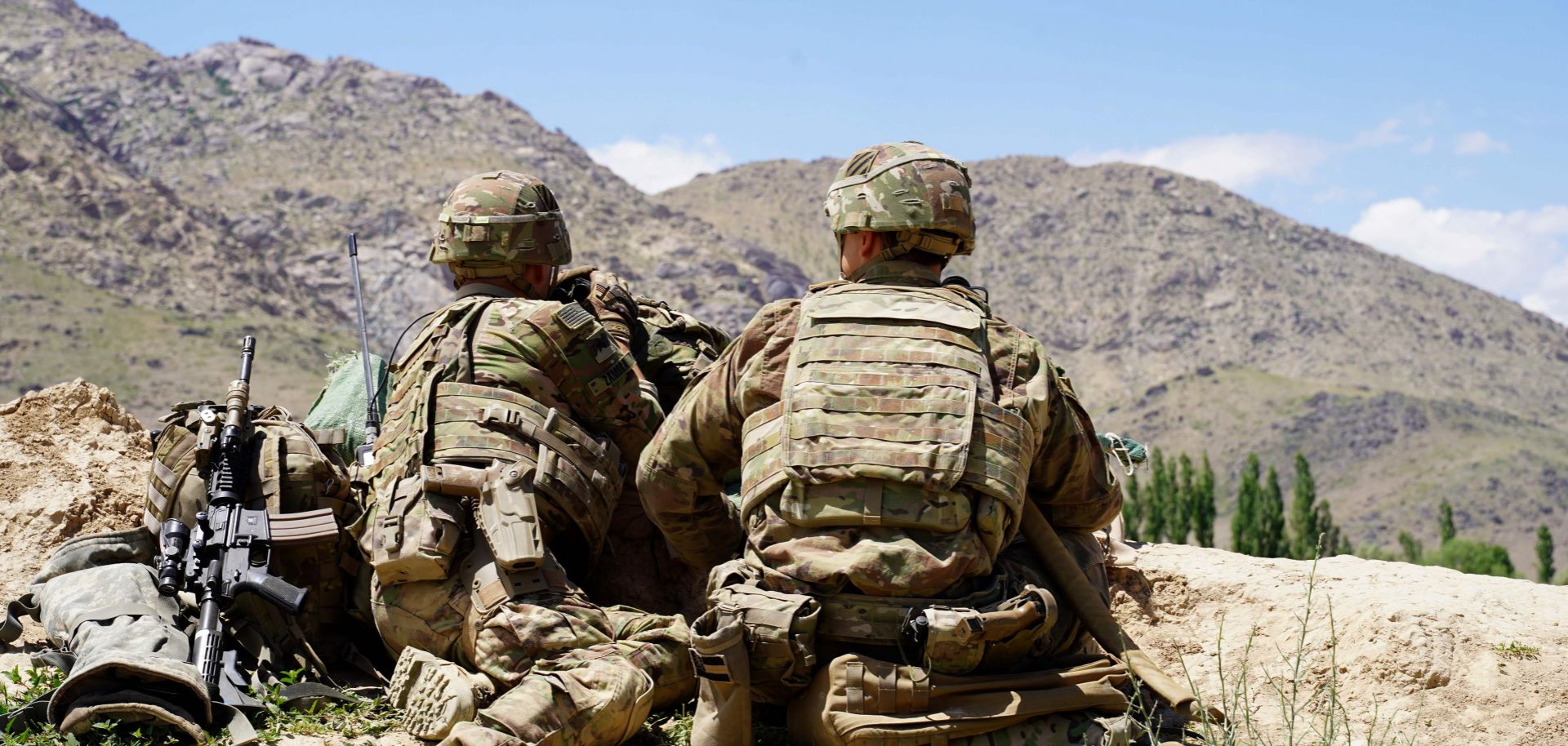ASSESSMENTS
To End the War in Afghanistan, the U.S. Reaches Out to Its Rivals
Oct 30, 2019 | 09:00 GMT

U.S. soldiers look out over the hillsides of an army checkpoint in the Afghan province of Wardak on June 6, 2019.
(THOMAS WATKINS/AFP/Getty Images)
Highlights
- The prospects of a U.S. drawdown from Afghanistan has compelled both China and Russia to take a more active role in the peace negotiations.
- In doing so, Moscow and Beijing are also forging stronger relations with the Taliban, which the United States will try to leverage to ensure the insurgents uphold their end of an eventual peace deal.
Subscribe Now
SubscribeAlready have an account?
